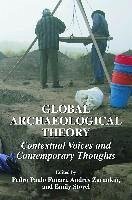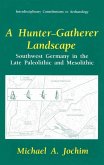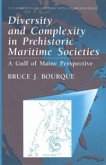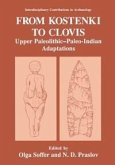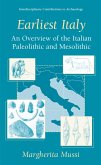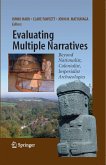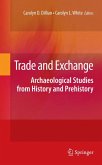Archaeological theory has gone through a great upheaval in the last 50 years - from the processual theory, which wanted to make archaeology more "scientific" to post-processual theory, which understands that interpreting human behavior (even of past cultures) is a subjective study. This subjective approach incorporates a plurality of readings, thereby implying that different interpretations are always possible, allowing us to modify and change our ideas under the light of new information and/or interpretive frameworks. In this way, interpretations form a continuous flow of transformation and change, and thus archaeologists do not uncover a real past but rather construct a historical past or a narrative of the past.
Post-processual theory also incorporates a conscious and explicit political interest on the past of the scholar and the subject. This includes fields and topics such as gender issues, ethnicity, class, landscapes, and consumption. This reflects a conscious attempt to also decentralize the discipline, from an imperialist point of view to an empowering one. Method and theory also means being politically aware and engaged to incorporate diverse critical approaches to improve understanding of the past and the present.
This book focuses on the fundamental theoretical issues found in the discipline and thus both engages and represents the very rich plurality of the post-processual approach to archaeology. The book is divided into four sections: Issues in Archaeological Theory, Archaeological Theory and Method in Action, Space and Power in Material Culture, and Images as Material Discourse.
Post-processual theory also incorporates a conscious and explicit political interest on the past of the scholar and the subject. This includes fields and topics such as gender issues, ethnicity, class, landscapes, and consumption. This reflects a conscious attempt to also decentralize the discipline, from an imperialist point of view to an empowering one. Method and theory also means being politically aware and engaged to incorporate diverse critical approaches to improve understanding of the past and the present.
This book focuses on the fundamental theoretical issues found in the discipline and thus both engages and represents the very rich plurality of the post-processual approach to archaeology. The book is divided into four sections: Issues in Archaeological Theory, Archaeological Theory and Method in Action, Space and Power in Material Culture, and Images as Material Discourse.
Dieser Download kann aus rechtlichen Gründen nur mit Rechnungsadresse in A, B, BG, CY, CZ, D, DK, EW, E, FIN, F, GR, HR, H, IRL, I, LT, L, LR, M, NL, PL, P, R, S, SLO, SK ausgeliefert werden.

